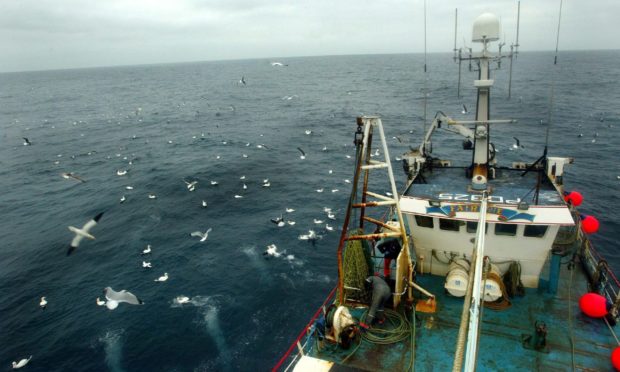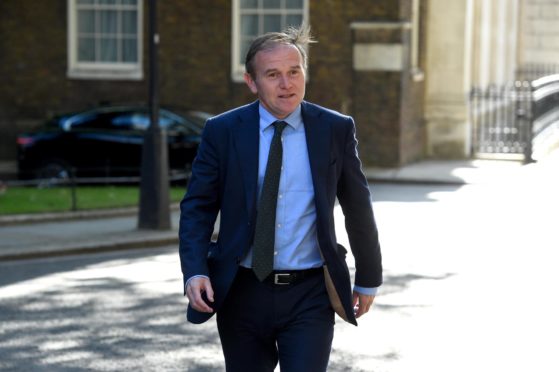Scottish fish producers have been dealt a fresh Brexit blow, after it emerged SNP ministers have failed to recruit enough environmental officers to certify catches for export to the EU.
Currently fish caught in Scotland can be exported to the continent with minimal paperwork, but after the UK loses its status as a member state, fishermen will have to comply with stricter “third country” rules.
From January every catch will need to have an environmental health certificate, signed off by an environmental health officer.
It was revealed on Thursday that the Scottish Government is still 100 officers short – with just weeks to go until Brexit.
MPs are demanding answers as to why there is a shortage, given Holyrood has received more than £100 million from the Treasury over the last three years to prepare for such things.
Orkney and Shetland MP Alistair Carmichael said: “The SNP are never slow to laugh at the Tories for their lorry queues in Kent but if fishermen cannot even get their fish on the quay in Lerwick or Peterhead because of a lack of health inspectors, that laughter will have a hollow ring to it.
“If these allegations are true then there is no excuse.
“We have known for months that these health certificates would be needed, even with a trade deal with the EU. I raised concerns about the issue almost two years ago, when the Scottish Government itself had estimated that 150,000 certificates would be needed.
“They knew about the need for inspectors then – why have they been sitting on their hands since?”
He added: “If the nationalist ministers in Holyrood spent less time obsessing about supermarkets selling food with a Union Jack on its label and a little more time doing the jobs they are paid to do then we might not be in this mess.”
Scottish Tory leader Douglas Ross said the revelation was “further evidence that the SNP’s political objection to Brexit is holding back Scotland’s preparations for the end of the transition period”.
Eustice ‘working with’ Scottish Government
UK Environment Secretary George Eustice told MPs on Thursday that his department was working to try to help the Scottish Government fill the recruitment gap.
He said: “We’ve been working with the fishing industry and local authorities to ensure they have the capacity in place to employ the environmental health officers necessary to issue both the catch certificates and the environmental health certificates.
“We have around 1,000 officers now that can issue export health certificates for fish.
“It is the case there are some concerns in Scotland where the Scottish Government potentially has a gap in capacity of 100; we’re working with them to try to offer our help to ensure this gap can be filled.”
North-east MP Andrew Bowie welcomed the extra support, but raised concerns about the SNP’s commitment to the sector.
He said: “I have real concerns the SNP are setting our councils and fishermen up to fail, judging by the lack of preparation they have put into Brexit.
“The UK Government has put the structure in place to take advantage of the sea of opportunity.
“I am glad the department is far advanced enough to be able to step in to aid the SNP government.”
‘A mess of the UK Government’s own making’
Responding to the comments, Rural Economy Secretary Fergus Ewing said: “This is a mess of the UK Government’s making – Export Health Certificates (EHCs) are only necessary as a consequence of its pursuit of a hard Brexit.
“The Scottish Government, together with Food Standards Scotland and Scottish Local Authorities, have been working intensively to mitigate the worst impacts of this reckless approach.
“This includes working with logistics companies to provide an EHC service at a number of central Scotland logistics hubs, thereby reducing the burden on local authorities.
“The UK Government has consistently failed to take into account our repeated warnings that it takes between three to five years to educate and train an environmental health officer, who would normally be expected to sign EHCs for seafood exports.
“Now, with EHOs playing a pivotal role in supporting efforts all across Scotland to stop the spread of the virus and support businesses and facilities to meet operational rules, the UK Government has persisted in an approach to EU exit that places further burdens on them.”


